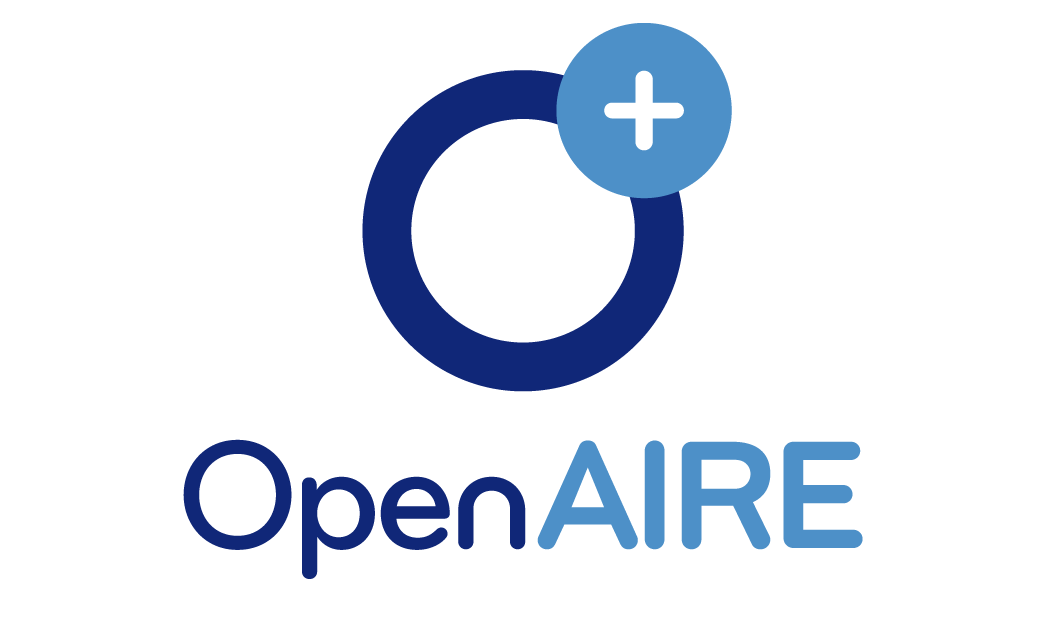REVOLUTIONIZING LANGUAGE LEARNING: THE EFFECTIVENESS OF GAMIFIED APPROACHES IN FOSTERING STUDENT MOTIVATION AND PROFICIENCY
Abstract
In recent years, there has been a significant transformation in the approach individuals take to language learning. Thanks to advancements in technology, language acquisition has become increasingly interactive, engaging, and entertaining. Many learners now find themselves able to master a new language more efficiently than they could with conventional methods. This shift has prompted a growing body of research focused on the role of gamification in language learning, demonstrating its potential to enhance language proficiency, motivation, and learner engagement. Gamification, which involves incorporating game-like elements and mechanics into non-game activities, has proven to be a powerful tool for promoting effective learning experiences.
References
1. Anderson, C. A., Shibuya, A., Ihori, N., Swing, E. L., Bushman, B. J., Sakamoto, A., Rothstein, H. R., & Saleem, M. (2010). Violent video game effects on aggression, empathy, and prosocial behavior in Eastern and Western countries: A meta-analytic review. Psychological Bulletin, 136(2), 151-173.
2. Cabrero, J. (2005). Las TICs en el sistema educativo. Revista de Educación a Distancia, 5(8), 1-25.
3. Caponetto, I., Earp, J., & Ott, M. (2014). Gamification and education: A literature review. Proceedings of the European Conference on Games Based Learning, 1(1), 50-57.
4. Curto, M. D. P. R., Fernández, I. V., & Corrochano, D. F. (2019). Innovation in education: Towards digital learning in the classroom. Procedia - Social and Behavioral Sciences, 214, 325-332.
5. Deterding, S., Dixon, D., Khaled, R., & Nacke, L. (2011). From game design elements to gamefulness: Defining “gamification.” Proceedings of the 15th International Academic MindTrek Conference: Envisioning Future Media Environments, 9-15.
6. Domínguez, A., Saenz-De-Navarrete, J., De-Marcos, L., Fernández-Sanz, L., Pagés, C., & Martínez-Herráiz, J.-J. (2013). Gamifying learning experiences: Practical implications and outcomes. Computers & Education, 63, 380-392.
7. Gee, J. P. (2003). What video games have to teach us about learning and literacy. Computers in Entertainment (CIE), 1(1), 20-20.
8. Hamari, J., Koivisto, J., & Sarsa, H. (2014). Does gamification work? – A literature review of empirical studies on gamification. Proceedings of the 47th Hawaii International Conference on System Sciences, 3025-3034.
9. Hamari, J., Koivisto, J., & Sarsa, H. (2016). The importance of ethics and responsibility in gamification. Games and Culture, 11(2), 172-193.
10. Kapp, K. M. (2012). The gamification of learning and instruction: Game-based methods and strategies for training and education. John Wiley & Sons.
11. Kapp, K. M. (2016). Gamification designs for instruction: Game elements in instructional design. John Wiley & Sons.





